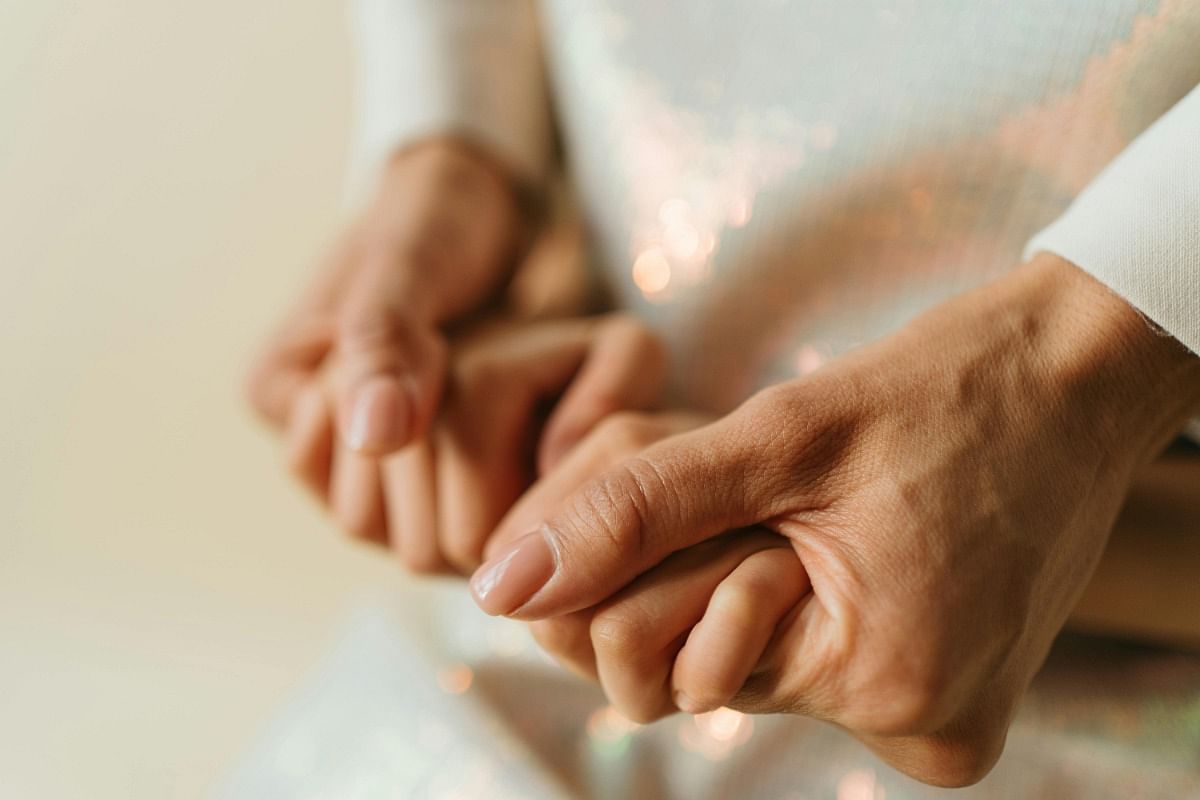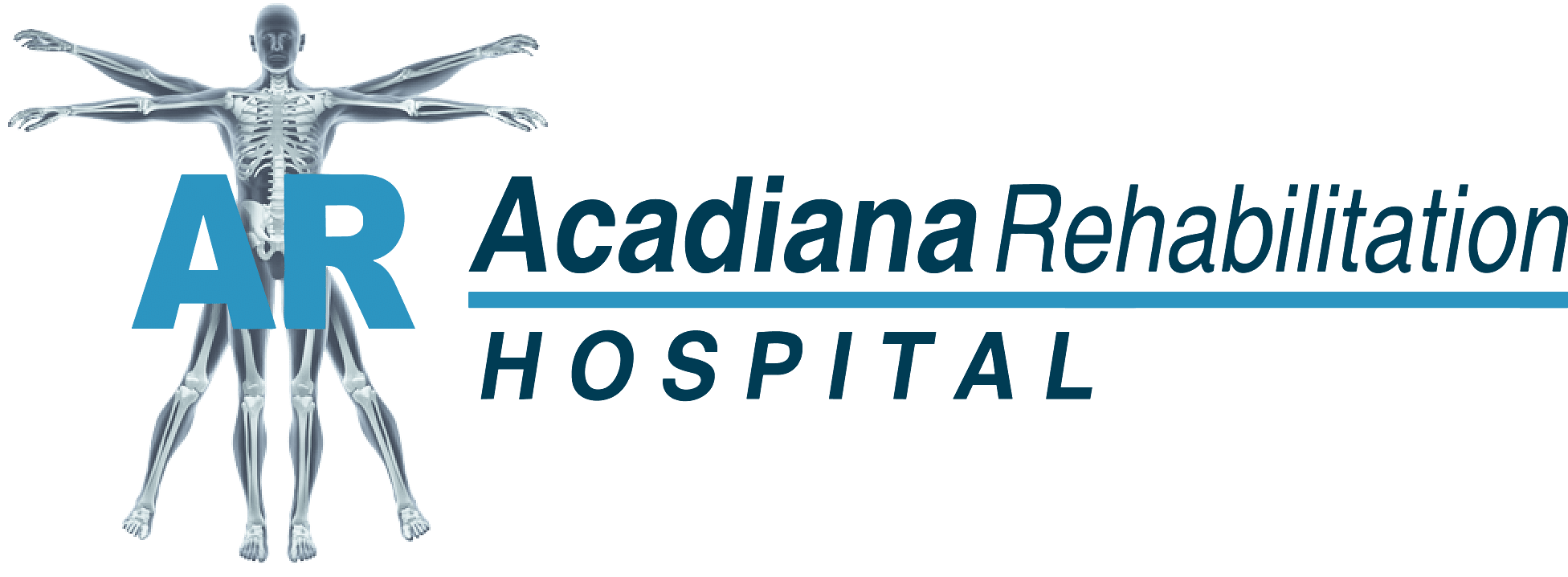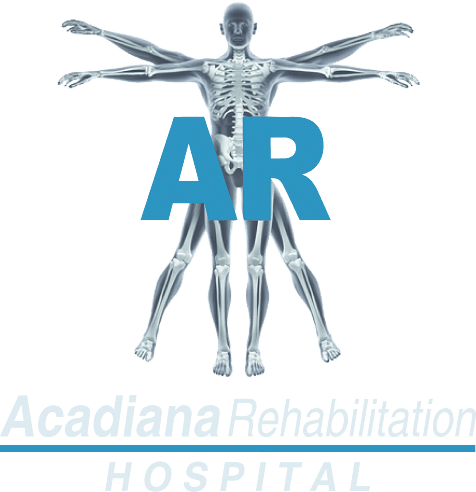Visiting Hours:
Monday - Friday: 4PM-8PM
Saturday: 12PM-8PM
Sunday: 8AM-8PM
The Role of Family Support in Physical Rehabilitation
Physical rehabilitation often presents challenges that go far beyond regaining strength, mobility, and endurance. It is a journey that can test patients’ mental resilience and emotional well-being as much as it does their physical capabilities. When faced with a life-changing injury or condition, individuals might experience a range of feelings from anxiety about returning to normal activities to uncertainty regarding their future independence. During these critical moments, having a committed support system can make a significant difference in maintaining motivation, adherence to treatment plans, and overall morale.
A strong family presence can serve as a pillar of stability and hope. In many cases, patients who feel supported are more optimistic about their rehabilitation outcomes and remain more engaged in their daily exercises, therapy sessions, and health goals.

Understanding Physical Rehabilitation
Physical rehabilitation is a comprehensive approach designed to restore and enhance movement, functionality, and independence in individuals who have experienced injuries, surgeries, or conditions that affect their ability to perform everyday tasks. It involves a tailored program that often includes exercises to improve range of motion, strength, and balance, as well as techniques to manage pain and avoid re-injury. Rehabilitation can be short-term, such as following a minor sports injury, or it can be a long-term process, especially when recovering from more complex issues like strokes or traumatic accidents.
The core goal of physical rehabilitation is to empower patients with the capabilities they need to return to their previous lifestyles or adapt to new ways of living as needed. Whether it is regaining the ability to walk unassisted or mastering daily tasks in a new environment, rehabilitation fosters progress and resilience. It is a path that requires consistent effort and patience, made smoother when family members are an integral part of the journey.
The Importance of Family Support
Emotional and Moral Support: Family support can profoundly affect the emotional state of someone undergoing physical rehabilitation. Patients often deal with uncertainty, frustration, and fear regarding their recovery. When family members show understanding, provide reassurance, and celebrate small victories, it can counteract feelings of isolation and anxiety. This sense of empathy and genuine concern fosters a positive mindset, which is critical for maintaining the motivation to keep pushing through challenging exercises and setbacks.
Practical Assistance: Beyond emotional encouragement, families can help with the practical realities of rehabilitation. This might include aiding with home modifications to ensure safety, assisting in scheduling and attending therapy appointments, or helping patients practice prescribed exercises at home. Even simple tasks such as preparing nutritious meals or offering a steady arm to lean on while walking can significantly reduce stress and fatigue. By smoothing out day-to-day logistics, family members enable patients to focus their mental and physical energy on the healing process itself.
Motivation and Accountability: Another critical benefit of family support is the element of motivation and accountability it provides. Loved ones can offer consistent feedback, help set realistic milestones, and track progress to keep morale high. Regular check-ins, positive reinforcement, and shared goal-setting strategies all contribute to a dynamic of accountability that sustains a patient’s commitment to rehabilitation. When a person knows they have loved ones invested in their daily progress, it becomes easier to push through discomfort, adhere to routines, and stay focused on the long-term benefits of continued therapy.
Practical Tips for Families
Stay Informed: Understanding the nuances of a loved one’s condition and treatment plan is a crucial first step in offering meaningful support. Read up on the diagnosis, attend family education sessions provided by healthcare professionals, and ask questions whenever you need clarification. When you are knowledgeable about what your family member is experiencing, you can better advocate for them, communicate with their care team, and help them make informed decisions about their rehabilitation journey.
Encourage Self-Advocacy: While it is essential to be hands-on in your support, it is equally important to foster independence. Encourage your loved one to voice their concerns, ask their own questions, and actively participate in setting personal milestones. By promoting self-advocacy, you empower them to take ownership of their recovery and help them maintain a sense of control, which can significantly boost their motivation and morale.
Create a Supportive Environment: A rehabilitation journey can be physically and emotionally demanding. Transforming the home environment into a safe and accessible space ensures your loved one can focus on healing rather than navigating potential hazards. Simple changes such as installing railings, clearing walkways, or rearranging furniture can dramatically enhance comfort and reduce stress. Additionally, encourage a balanced routine by helping them plan nutritious meals, get ample rest, and incorporate gentle daily exercises as recommended by their therapists.
Celebrate Milestones: Rehabilitation often involves small, steady steps rather than overnight transformations. Acknowledge each improvement, no matter how minor it may seem, because these victories add up over time. Applaud your loved one for completing a difficult exercise or mastering a new task. Positive reinforcement boosts confidence, underscores the value of persistence, and reminds them that every step forward is progress worth celebrating.
Balance Support and Independence: Striking the right balance between helping and allowing autonomy can be challenging. Recognize when to step in, such as during tasks that may pose a safety risk, and when to step back so your loved one can test and refine their capabilities. Offering patience, understanding, and emotional support during moments of difficulty encourages resilience. Over time, this blend of guided assistance and personal effort can speed up recovery and instill a greater sense of self-reliance.
How Acadiana Rehabilitation Hospital Helps Families Get Involved
Family-Centered Care: At Acadiana Rehabilitation Hospital, we believe that families play an irreplaceable role in a patient’s recovery. We adopt a family-centered approach to care, encouraging loved ones to participate in key aspects of therapy whenever possible. From attending educational sessions to observing therapy techniques, family members gain insights into the patient’s progress while also learning how best to help them continue their rehabilitation at home.
Educational Resources: We understand that family members may feel overwhelmed by medical terminology and therapeutic strategies. To address this, our facility offers a range of resources—such as printed guides, workshops, and staff-led demonstrations—that break down complex concepts into practical steps. These resources empower families to support rehabilitation exercises safely and effectively, ensuring continuity of care beyond the hospital setting.
Collaborative Treatment Plans: Our multidisciplinary team, comprising physical therapists, occupational therapists, nurses, and other specialists, works together to develop personalized treatment plans. By involving families in this process, we ensure that everyone is on the same page regarding the goals, timelines, and expected outcomes of rehabilitation. This collaborative environment not only builds a strong support network around the patient but also helps foster open communication channels among all parties.
Ongoing Support and Counseling: Beyond physical recovery, psychological and emotional well-being is a major factor in long-term success. Acadiana Rehabilitation Hospital provides counseling and support groups to help both patients and their families navigate the emotional challenges that often accompany rehabilitation. These services help families cope with stress, maintain resilience, and continue providing the positive reinforcement that can be pivotal in achieving steady progress.
Take the Next Step: Empower Your Loved One’s Recovery
Family involvement in physical rehabilitation has proven benefits from boosting morale and motivation to ensuring a safer, more consistent healing process. When you actively collaborate with healthcare professionals and create a nurturing environment at home, your loved one can experience improved outcomes and a greater sense of hope. At Acadiana Rehabilitation Hospital, we stand ready to support both patients and their families at every stage of the journey. Reach out to us today to learn more about our family-inclusive programs and discover how we can help your loved one achieve the best possible rehabilitation results.

